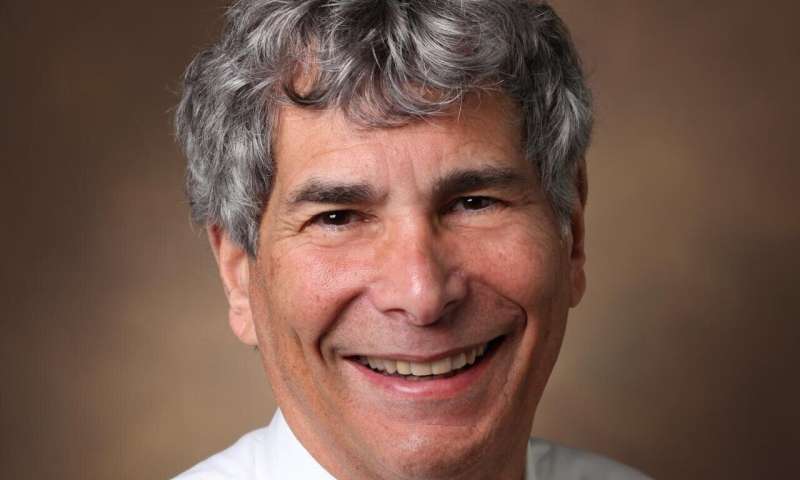
Clinician burnout is affecting between one-third and one-half of all of U.S. nurses and physicians, and 45 to 60% of medical students and residents, according to a National Academy of Medicine (NAM) report released today.
Vanderbilt University Medical Center is among 32 institutions and foundations that sponsored the 296-page report, “Taking Action Against Clinician Burnout: A Systems Approach to Professional Well-Being,” which investigates the causes of widespread clinician burnout and offers solutions to address the problem at its source.
“There’s an all too direct connection between clinician burnout and health care safety and quality. While clinician burnout isn’t a new problem, its worsening prevalence and impact are due to system factors inherent in the modern health care system,” said Matthew Weinger, MD, professor of Anesthesiology and Norman Ty Smith Chair in Patient Safety and Medical Simulation at VUMC, and a member of the NAM authoring committee for the new report.
“The Committee came to realize that addressing clinician burnout will require a deliberate and substantive health care system redesign with a focus on those activities that deliver the most value to patients while enabling and empowering clinicians to deliver high-quality care,” he said.
The report discusses key issues that need to be addressed:
- Clinician burnout needs to be tackled early in professional development and special stressors in the learning environment need to be recognized. Leaders in health care and health professions education have a responsibility to foster, monitor and continuously improve work and learning environments.
- While some health care technologies appear to contribute to clinician burnout (poorly designed electronic health record systems, for example), there is real potential for well-designed and implemented technologies to help reduce burnout.
- Federal and state governments, other payors and regulators and the health care industry itself have important roles to play in preventing clinician burnout. Increasing administrative burdens and distracting clinicians from the care of their patients can directly affect burnout.
- Medical societies, state licensing boards, specialty certification boards, medical education and health care organizations all need to take concrete steps to reduce the stigma for clinicians seeking help for psychological distress and make assistance more easily available.
Source: Read Full Article
